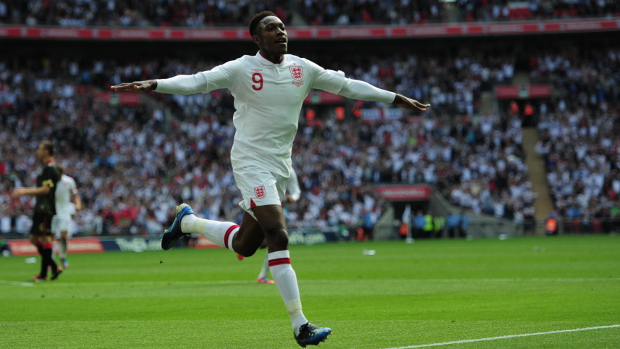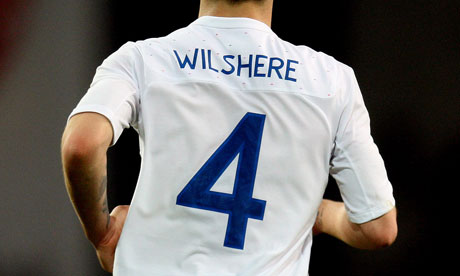Article Taken from the FA Website http://www.thefa.com/st-georges-park/discover/coaching/the-future-game/playing-philosophy
The FA have perhaps been a little slow to adapt to the changing game in recent years but with the introduction of the FA Future Game model they have taken great steps towards outlining a vision for the way football should be taught and played in England. At 5Ways Soccer we wholeheartedly agree with the FA’s focus on the development of strong technical skills, flair and passing ability in young players over the more physical and direct approach that has dominated and held back the English game for decades.
THE FA FUTURE GAME PLAYING PHILOSOPHY
The Future Game playing philosophy outlines an overarching vision for the English game.It is a statement for coaches and clubs to develop their own bespoke and individualised coaching programmes. The Future Game playing philosophy is broken down into the following principles:
In possession:
- A possession-based approach played through the three-thirds of the pitch
- Quality passing and intelligent movement and support off the ball
- Penetrative, incisive and varied attacking play, allied to good finishing
- Counter-attacking whenever opportunities arise
Out of possession:
- A tactical approach to defending, in which all players contribute
- A controlled, calculated and assertive approach when and where necessary
Additionally, the playing philosophy actively encourages the individualistic player. Players with varied and unique dribbling skills and the dexterity to go past defenders, particularly in the final-third, are fundamental to success in the future game.
Applying The Future Game playing philosophy to grassroots football
With the ball:
To develop players capable of playing the game outlined in The Future Game playing philosophy, young grassroots players should be encouraged, when possible, to play out from the back and through midfield, progressing play to create chances with clever and creative play.
Goalkeepers should be comfortable in possession, distributing the ball to defenders who are confident to receive the ball and pass, or run with the ball, into midfield.
Players in all areas of the pitch should be encouraged to retain possession by building play through the three-thirds of the pitch. Put simply: this begins by encouraging players to refrain from kicking the ball hopefully from one end of the pitch to the other.
Young players should develop their passing skills focusing on accuracy, variety and incisiveness. Incisive passes see the ball being played through, around, or over, the opposition to create goal-scoring opportunities.
Possession work should be supported with an emphasis on intelligent movement with players encouraged to interchange position to receive the ball. As the game evolves it appears there will be less reliance on traditional positions and young players should be given the opportunity to play in lots of different areas of the pitch and not be restricted by out-dated tactics and formations.
Recognising counter-attacking opportunities is also fundamental. Young players should be given opportunities to learn how to play the game at different speeds, developing an understanding of which approach – patient build-up play or incisive counter-attacking – is most appropriate depending on the state of the game and the organisation of the opposition.
This style of play encourages all players, at different times, to join in with attacking play with an emphasis on variety and creativity. Individual dribbling skills and the ability to go past players using a skill or trick, particularly in the final-third, are to be encouraged. Players demonstrating such individual abilities should be encouraged to develop these unique skills wherever possible.
Without the ball:
Coaching defending is sometimes neglected at grassroots level. An important part of The Future Game vision is for players at all levels to develop their understanding and application of defending skills.
Players should be encouraged to regain the ball skilfully and intelligently, rather than simply chasing after the ball; this includes all players on the pitch and not just those in more defensive minded positions.
Players should be encouraged to develop their understanding of when to attempt to regain the ball early (when the opposition do not have controlled possession) and, alternatively, when to recover, drop-off, and work together to prevent the opposition from executing attacks (when the opposition have good possession).
Young players should also be given the opportunity to learn how to function in man-marking and zonal defensive structures.




Recent Comments